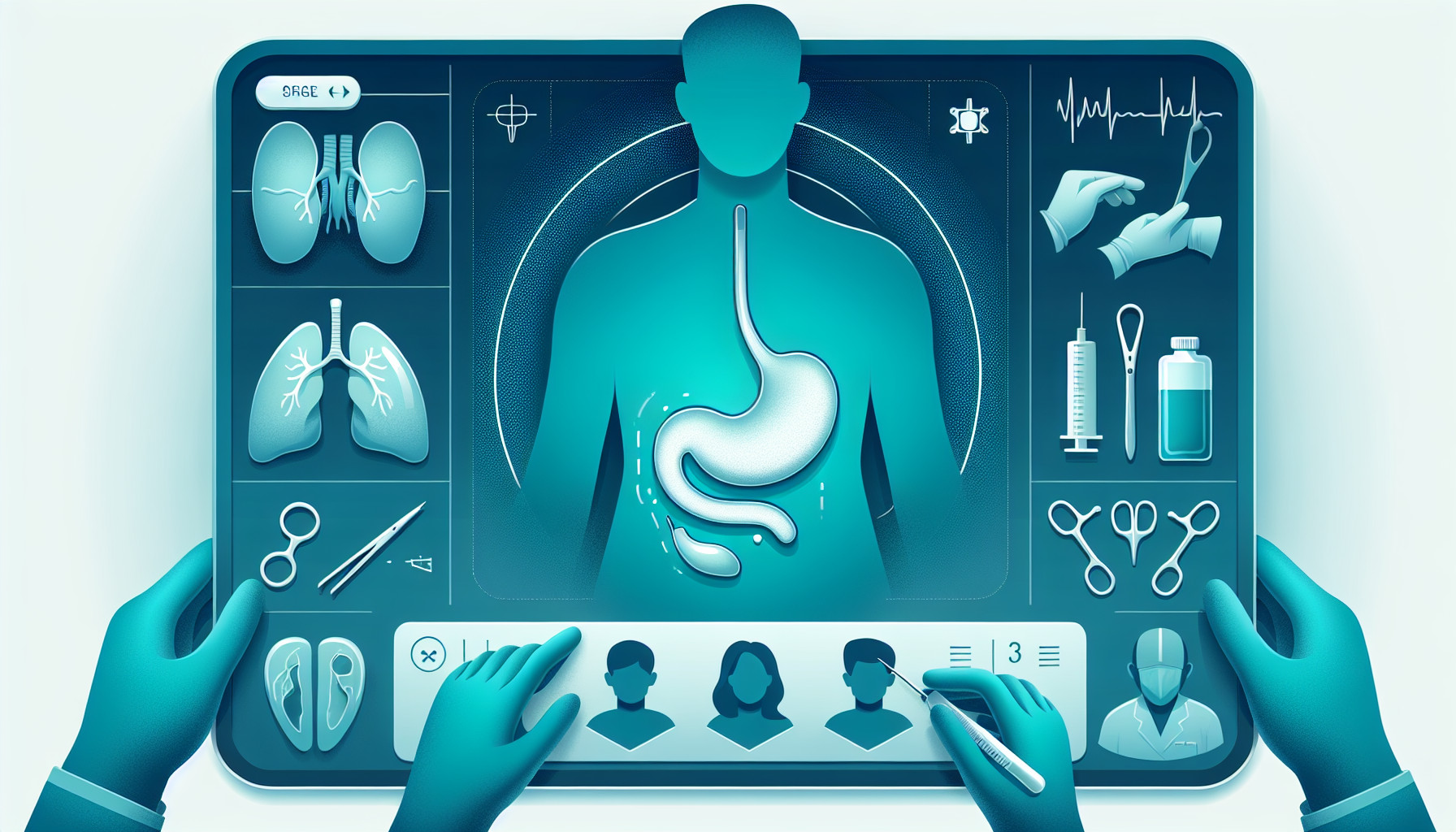Our Summary
This study looks at the risks and benefits of performing an emergency gallbladder removal surgery (known as laparoscopic cholecystectomy) versus scheduling the surgery for a later date in patients suffering from acute gallbladder inflammation.
The research included 811 patients and found that while emergency surgeries led to a shorter hospital stay and no chance of another gallbladder inflammation episode, they were also associated with a higher risk of complications. These included a higher chance of partial gallbladder removal, bile leakage, needing a surgical drain, longer recovery time, needing additional imaging tests, and needing to be readmitted to the hospital after surgery.
On the other hand, delaying the surgery also had its risks. About 13.5% of patients had to be readmitted to the hospital within 2 months due to gallbladder problems while waiting for their scheduled surgery, and this risk increased to 22.5% over the average waiting period of about 5 months.
The researchers suggest that for hospitals dealing with a high number of gallbladder-related admissions and long wait times for elective surgeries, it might be more practical to perform emergency surgeries. However, if the surgery is to be delayed, they recommend scheduling a surgery date before the patient is discharged to reduce the chances of readmission and associated costs.
FAQs
- What are the risks associated with performing an emergency gallbladder removal surgery?
- What are the potential complications if the gallbladder removal surgery is delayed?
- What recommendations do researchers give regarding deciding between scheduling a surgery and performing an emergency surgery for acute gallbladder inflammation?
Doctor’s Tip
One helpful tip a doctor might give a patient about cholecystectomy is to carefully weigh the risks and benefits of both emergency and elective surgeries. It’s important to consider factors such as recovery time, potential complications, and the likelihood of needing additional procedures. Discussing these factors with your doctor can help you make an informed decision about the timing of your cholecystectomy. Additionally, following post-operative care instructions and attending follow-up appointments are crucial for a successful recovery.
Suitable For
Patients who are typically recommended cholecystectomy include those with:
- Acute gallbladder inflammation (cholecystitis) that does not improve with conservative treatment
- Gallstones causing symptoms such as pain, nausea, vomiting, and fever
- Complications of gallstones such as pancreatitis or cholangitis
- Recurrent episodes of gallbladder inflammation
- Patients with a high risk of developing complications from gallstones, such as those with diabetes, obesity, or a history of gallbladder problems.
Timeline
Before cholecystectomy:
- Patient experiences symptoms of gallbladder disease such as abdominal pain, nausea, vomiting, and bloating.
- Patient undergoes diagnostic tests such as ultrasound or CT scan to confirm the diagnosis of gallbladder inflammation.
- Patient may be recommended to follow a special diet to manage symptoms before surgery.
After cholecystectomy:
- Patient undergoes laparoscopic cholecystectomy surgery to remove the gallbladder.
- Recovery period typically lasts 1-2 weeks, with restrictions on physical activity and diet.
- Patient may experience some discomfort or pain at the surgical site.
- Patient is advised to follow up with their surgeon for post-operative care and monitoring.
- Patient may need to make dietary changes to adjust to life without a gallbladder.
What to Ask Your Doctor
- What are the risks and benefits of undergoing an emergency cholecystectomy versus scheduling the surgery for a later date?
- What factors should be considered when deciding whether to undergo emergency surgery or wait for a scheduled surgery?
- What are the potential complications associated with emergency cholecystectomy?
- What are the potential complications associated with delaying the cholecystectomy surgery?
- How long is the recovery time for emergency cholecystectomy versus scheduled surgery?
- How likely is it that I will need to be readmitted to the hospital after emergency cholecystectomy versus delaying the surgery?
- What is the likelihood of needing additional imaging tests or procedures after emergency cholecystectomy versus scheduled surgery?
- Are there any long-term implications or risks associated with either option?
- How can I reduce the risk of complications or readmission if I choose to delay the cholecystectomy surgery?
- What is the recommended timeframe for scheduling the surgery if I choose to delay it to reduce the risk of readmission?
Reference
Authors: Lucocq J, Patil P, Scollay J. Journal: Surgery. 2022 Jul;172(1):16-22. doi: 10.1016/j.surg.2022.03.024. Epub 2022 Apr 20. PMID: 35461704
